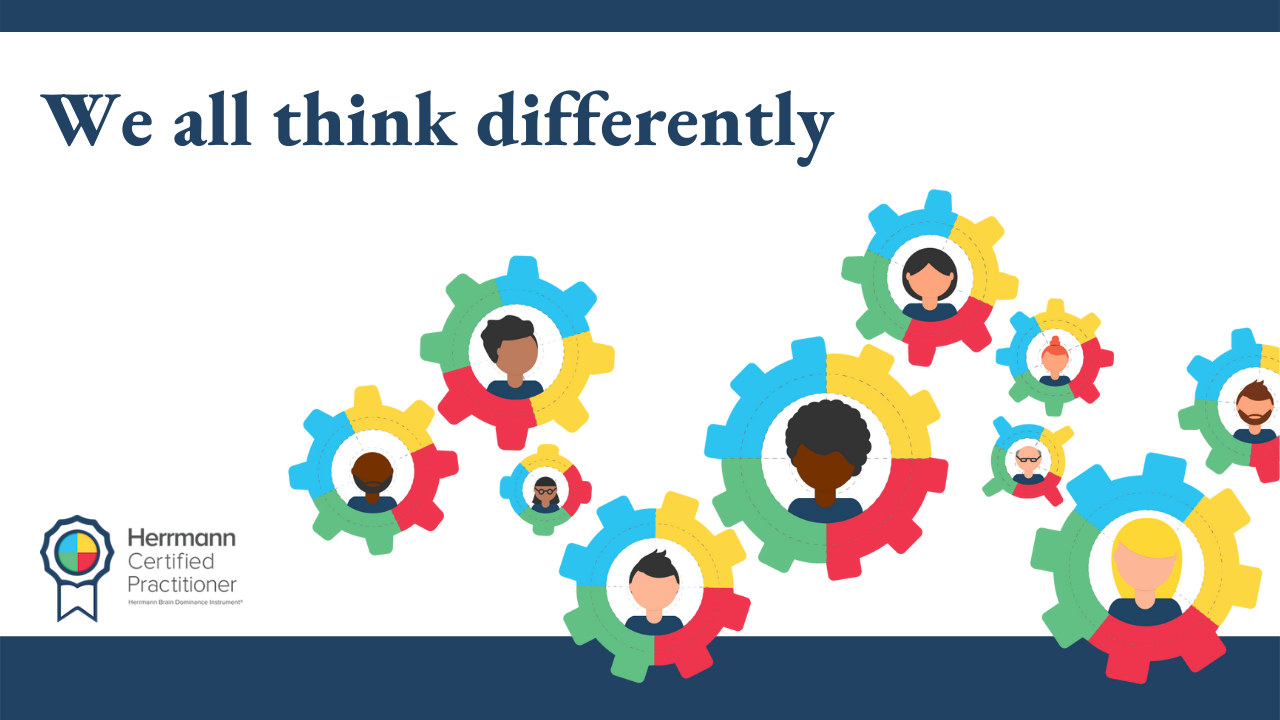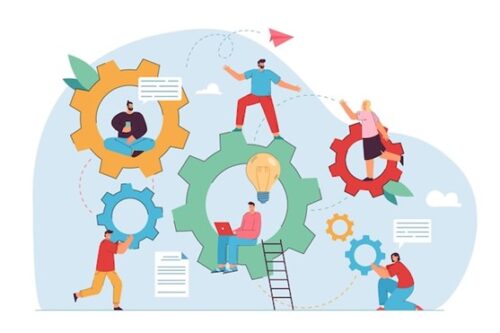Problem solving is a process of understanding a challenge and working to find a solution that works for you, and is a skill. Almost all employers value problem-solving skills and want to have employees with these features to help the decision-making process in the day-to-day running of the company. Strategic problem solving attitude or problem solving strategies, helps them understand their dependence and allows them to make the necessary changes to form a surviving team in an ever-changing environment. They evaluate options and their impact on colleagues to minimise negative impacts on the system.
For example, in customer service, you may encounter situations such as, “How can you handle an angry customer?” or “How do you react when a customer requests a refund?” You may find it easier to respond quickly when these, or other common situations, arise in your business.
Solution to Problems: What Are They?
- Guess
- Imitation
- Draw Make List
- Think
The importance of problem solving skills in the workplace cannot be overemphasised. Every business and every job has its problems. From entry-level hiring to senior staff, all of your employees will face challenges that can be answered quickly by Google Search.
That’s why employers should hire people with problem solving skills, especially roles that need to deal with complex business challenges, tough times, and flexibility.
But what are problem solving skills? And how do they get to work?
Most importantly, how can you evaluate the potential of new candidates before hiring them?
Employees with good problem solving skills have their combination of both analytical thinking and creativity. They are comfortable with decisions and are confident enough to deal with the challenges at work.
These students have a combination of analytical, creative, critical thinking skills and a high level of attention to detail. As a result, they will more readily identify problems that arise and identify the most effective solutions. They will also identify factors and strengths that may be causing the problem and create changes to mitigate future challenges.
There are six key problem solving skills to look for when looking for job seekers:
-
Listening skills
Active listeners are often the ultimate problem solvers. They can listen to those around them to gather information needed to solve a problem. They see the value of appreciating the opinions and experiences of others to help them understand why the problem arises and the best course of action to take.
-
Analytical thinking skills
Analytical analysts can identify possible reasons why a problem arises, what the long-term consequences of a problem may be, and point out how different solutions can work to select the best one.
-
Creative thinking skills
Creative professionals can balance their analytical skills with creative solutions. This skills allow people to discover new and progressive solutions to problems. They can offer new ideas and offer thought-provoking and experimental solutions to all kinds of problems.
-
Strategic Communicating skills
Problem solvers should also have great communication skills. The ability to effectively convey complex information well but in a nutshell is of great benefit to employers working in fast-moving environments.
-
Strategic decision-making skills
Those who can solve problems will have the ability to make decisions and rely on them. To achieve a successful outcome, many problem-solving steps require decisive action.
-
Collaboration:
While problem-solvers need to be independent thinkers, it is also important that they work well as part of a team. Developing a good solution requires co-operation, so candidates demonstrate what they can do to encourage others to come up with better solutions and how they can work with others to achieve those solutions.
Troubleshooting skills allow you to find candidates who are well-versed in managing whatever their tasks require of them.
Problem solvers can look, judge, and act quickly when difficulties arise when they do. Moreover, they do not fear the unknown, which is precious to employers who rely on their employees to identify and solve problems.
There are a few important advantages of a problem-solving attitude in the workplace. Below, we will go through five key areas that can be addressed by all problem solvers in their field and workplace.
A problem solver should focus on the following five areas:
-
The ability to manage their time wisely
Time management skills can often be considered one of the benefits of problem-solving strategies in the workplace. However, those with a problem-solving attitude often have stellar time management skills. The ability to manage their time wisely and laser focus on what is important in the business will lead to better decision making and the impact of the business.
-
A demonstrated ability to plan, prioritise, and apply problem solving strategies
An effective problem solver can effectively analyse and plan how to meet the needs of the client, in addition to prioritising, planning, and devising strategies for achieving these goals, they can manage all moving parts as they can devise problem solving strategies on how to meet many different needs.
-
Ability to think outside the box
Problem solvers can identify potential problems. Thinking outside the box is an important skill in solving problems at work because it can often lead to better results than expected.
-
Ability to work under pressure
This is often one of the most important aspects of a problem-solving attitude in the workplace. Problem solvers often have positive responses under pressure, including accelerated deadlines and changing project framework.
Organisations are realising the importance of a problem-solving attitude and hence they are using it in assessing these skills. At all levels of their operations during the recruitment interview, training and at the opportunities during growth and development like promotion in the job position.
Herrmann Brain Dominance Instrument: Have you heard of it?
The Herrmann Brain Dominance Instrument (HBDI) is a popular personality assessment tool that helps individuals and organisations understand their thinking preferences and communication styles. The HBDI test measures the dominance of four different thinking styles – analytical, practical, creative, and relational – in an individual’s brain. By identifying these thinking preferences, the HBDI test can help individuals and organisations tailor their communication and problem-solving strategies to be more effective.
If you haven’t heard of the HBDI test before, it may be worth exploring as a tool for personal or professional development. Many organisations use the HBDI test to help teams work more effectively together, improve communication and collaboration, and develop leadership skills. Some individuals also use the HBDI test to gain insight into their own strengths and weaknesses and to identify areas for personal growth.
WHS and Training Compliance Solutions is one organization that offers HBDI consultation services. Their team of experts can help individuals and organisations interpret their HBDI test results and develop strategies for improving communication, problem-solving, and decision-making based on their unique thinking preferences. If you’re interested in learning more about the HBDI test or want to explore how it could benefit you or your organisation, consider reaching out to WHS and Training Compliance Solutions for a consultation.
Could it be that many problems in the workplace are caused by individual differences between your employees?
Due to their diverse backgrounds and experience, workers are naturally inclined to approach problems in a different way, process information, and formulate their approach when solving technical problems. However, this should not affect how you approach the issue. The alignment of these differences is possible in order to produce a profitable result.
Herrmann Brain Dominance Instrument Consulting, profiles can be evaluated individually, jointly, and in teams, ensuring there is a profile for every need. Feel free to contact us at 07 5499 2406 if you require direction and guidance to get a jumpstart on your HBDI program.
Learn more about our WHS training programs, please call 07 5499 2406 . Both online and on-site WHS training courses are available throughout Queensland, including Cairns, Toowoomba, Caboolture, and Brisbane. Looking forward to welcoming you to one of our courses!













